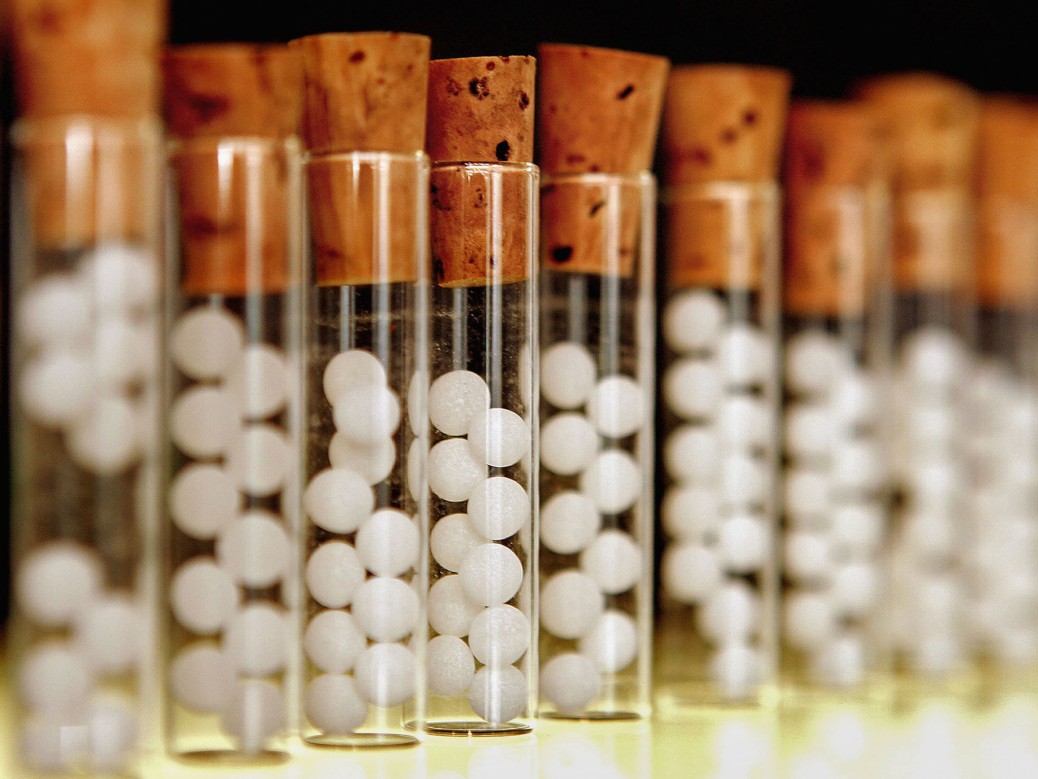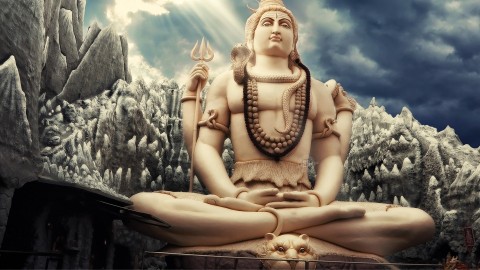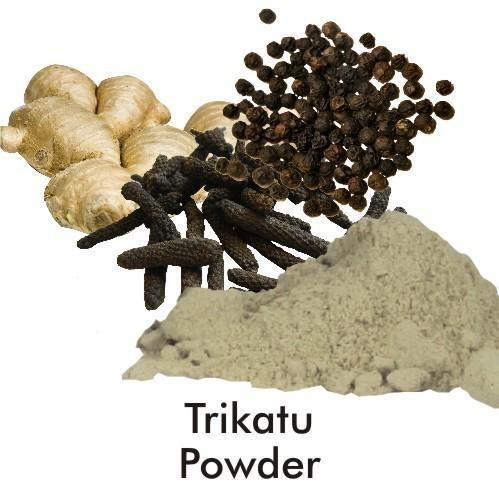Malaria is a disease caused by a parasite. The parasite is spread to humans through the bites of infected mosquitoes. People who have malaria usually feel very sick with a high fever and shaking chills.
While the disease is uncommon in temperate climates, malaria is still common in tropical and subtropical countries. Each year nearly 290 million people are infected with malaria, and more than 400,000 people die of the disease
Symptoms
Signs and symptoms of malaria may include:
- Fever
- Chills
- General feeling of discomfort
- Headache
- Nausea and vomiting
- Diarrhea
- Abdominal pain
- Muscle or joint pain
- Fatigue
- Rapid breathing
- Rapid heart rate
- Cough
- An attack usually starts with shivering and chills, followed by a high fever, followed by sweating and a return to normal temperature.
- Malaria signs and symptoms typically begin within a few weeks after being bitten by an infected mosquito. However, some types of malaria parasites can lie dormant in your body for up to a year.
CAUSES
Mosquito transmission cycle
Uninfected mosquito: A mosquito becomes infected by feeding on a person who has malaria.
Transmission of parasites: If this mosquito bites you in the future, it can transmit malaria parasites to you.
In the liver: Once the parasites enter your body, they travel to your liver – where some types can lie dormant for as long as a year.
Into the bloodstream: When the parasites mature, they leave the liver and infect your red blood cells. This is when people typically develop malaria symptoms.
On to the next person: If an uninfected mosquito bites you at this point in the cycle, it will become infected with your malaria parasites and can spread them to the other people it bites.
Other modes of transmission
Because the parasites that cause malaria affect red blood cells, people can also catch malaria from exposure to infected blood, including:
- From mother to unborn child
- Through blood transfusions
- By sharing needles used to inject drugs
Risk factors
The greatest risk factor for developing malaria is to live in or to visit areas where the disease is common. These include the tropical and subtropical regions of:
- Sub-Saharan Africa
- South and Southeast Asia
- Pacific Islands
- Central America and northern South America
The degree of risk depends on local malaria control, seasonal changes in malaria rates and the precautions you take to prevent mosquito bites.
Risks of more-severe disease. People at increased risk of serious disease include:
- Young children and infants
- Older adults
- Travelers coming from areas with no malaria
- Pregnant women and their unborn children
Complications
Malaria can be fatal, particularly when caused by the plasmodium species common in Africa. The World Health Organization estimates that about 94% of all malaria deaths occur in Africa – most commonly in children under the age of 5.
Malaria deaths are usually related to one or more serious complications, including:
- Cerebral malaria. If parasite-filled blood cells block small blood vessels to your brain (cerebral malaria), swelling of your brain or brain damage may occur. Cerebral malaria may cause seizures and coma.
- Breathing problems. Accumulated fluid in your lungs (pulmonary edema) can make it difficult to breathe.
- Organ failure. Malaria can damage the kidneys or liver or cause the spleen to rupture. Any of these conditions can be life-threatening.
- Anemia. Malaria may result in not having enough red blood cells for an adequate supply of oxygen to your body’s tissues (anemia).
- Low blood sugar. Severe forms of malaria can cause low blood sugar (hypoglycemia), as can quinine – a common medication used to combat malaria. Very low blood sugar can result in coma or death.
Prevention
If you live in or are traveling to an area where malaria is common, take steps to avoid mosquito bites. Mosquitoes are most active between dusk and dawn. To protect yourself from mosquito bites, you should:
- Cover your skin. Wear pants and long-sleeved shirts. Tuck in your shirt, and tuck pant legs into socks.
- Apply insect repellent to skin. Use an insect repellent registered with the Environmental Protection Agency on any exposed skin. These include repellents that contain DEET, picaridin, IR3535, oil of lemon eucalyptus (OLE), para- menthane-3,8-diol (PMD) or 2-undecanone. Do not use a spray directly on your face. Do not use products with OLE or PMD on children under age 3.
- Apply repellent to clothing. Sprays containing permethrin are safe to apply to clothing.
- Sleep under a net. Bed nets, particularly those treated with insecticides, such as permethrin, help prevent mosquito bites while you are sleeping.
Homoeopathic Medicines
1. Chininum Sulphuricum and Nux Vomica – Homeopathic medicines for malaria with marked chill and shivering (cold stage)
Chininum Sulphuricum and Nux Vomica are two well indicated Homeopathic medicines for malaria with marked chilliness and shivering (cold stage). Chininum Sulphuricum is very effective where the chill occurs at 3 pm every day. The person experiences great shivering even in a warm room. For malaria in the cold stage, with blueness of fingernails, Nux Vomica is recommended as one of the most effective Homeopathic medicines. Also, in cases where the person feels chilliness on being uncovered, yet will not want to be covered, Nux Vomica is prescribed as one of the most effective Homeopathic medicines for malaria.
2. Boletus and Eupatorium Perfoliatum – Top Homeopathic medicines for malaria with profuse sweating (sweat stage)
The most useful Homeopathic medicines for malaria with profuse sweating (sweat stage) are Boletus and Eupatorium Perfoliatum. Homeopathic medicine Boletus is prescribed in malaria cases with profuse perspiration, especially at night, along with severe chills and fever. Eupatorium Perfoliatum works as one of the best Homeopathic medicines for malaria cases where all complaints, except headache, are relieved by perspiration. The person experiences chills, mostly between 7 am and 9 am, preceded by strong thirst and aching bones.
3. Arsenic Album and China – Best Homeopathic medicines for malaria with high fever (heat stage)
Malaria with high fever (heat stage) is attended well with Homeopathic medicines Arsenic Album and China. Arsenic Album is one of the most excellent Homeopathic medicines for malaria with high grade fever with marked periodicity. Great restlessness accompanying high fever that gets worse after midnight is also treated well with Arsenic Album. China is one of the most effective Homeopathic medicines for malaria with high temperature that returns every week. The person complains of chill in the morning with debilitating night sweats.
4. Natrum Muriaticum and Pulsatilla – Effective Homeopathic medicines for malaria with headache
Natrum Muriaticum and Pulsatilla are rated among the most effective Homeopathic medicines for malaria with headache. Natrum Muriaticum is prescribed in case of continued chilliness along with the headache, especially on waking in the morning. Malaria cases with headache that persists from sunrise to sunset are also best treated with Homeopathic medicine Natrum Muriaticum. In case of a chill with pains in certain spots, especially in the evening, Pulsatilla is one of the best Homeopathic medicines for malaria. Complaints of wandering stitches in the head during sweat are also treated well with Homeopathic medicine Pulsatilla.
5. China, Alstonia and Ferrum Phosphoricum – Top grade Homeopathic medicines for malaria with notable weakness
The most prescribed Homeopathic medicines for malaria with notable weakness are China, Alstonia and Ferrum Phosphoricum. China acts well in all stages of malarial fever with great exhaustion. Debilitating night sweats with fever that returns every week are also treated well with China, making it one of the sought after Homeopathic medicines for malaria. Alstonia is a great Homeopathic tonic for debilitating and exhausting malarial fever. On the other hand, cases of chill occurring daily at 1 pm, with marked prostration, are attended well with Ferrum Phosphoricum, making it one of the most remarkable Homeopathic medicines for malaria.
Tags: Malaria And Homoeopathy










